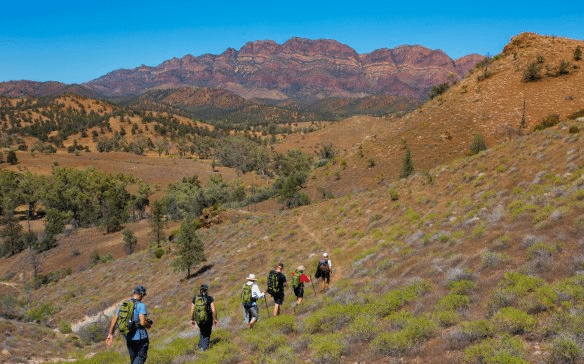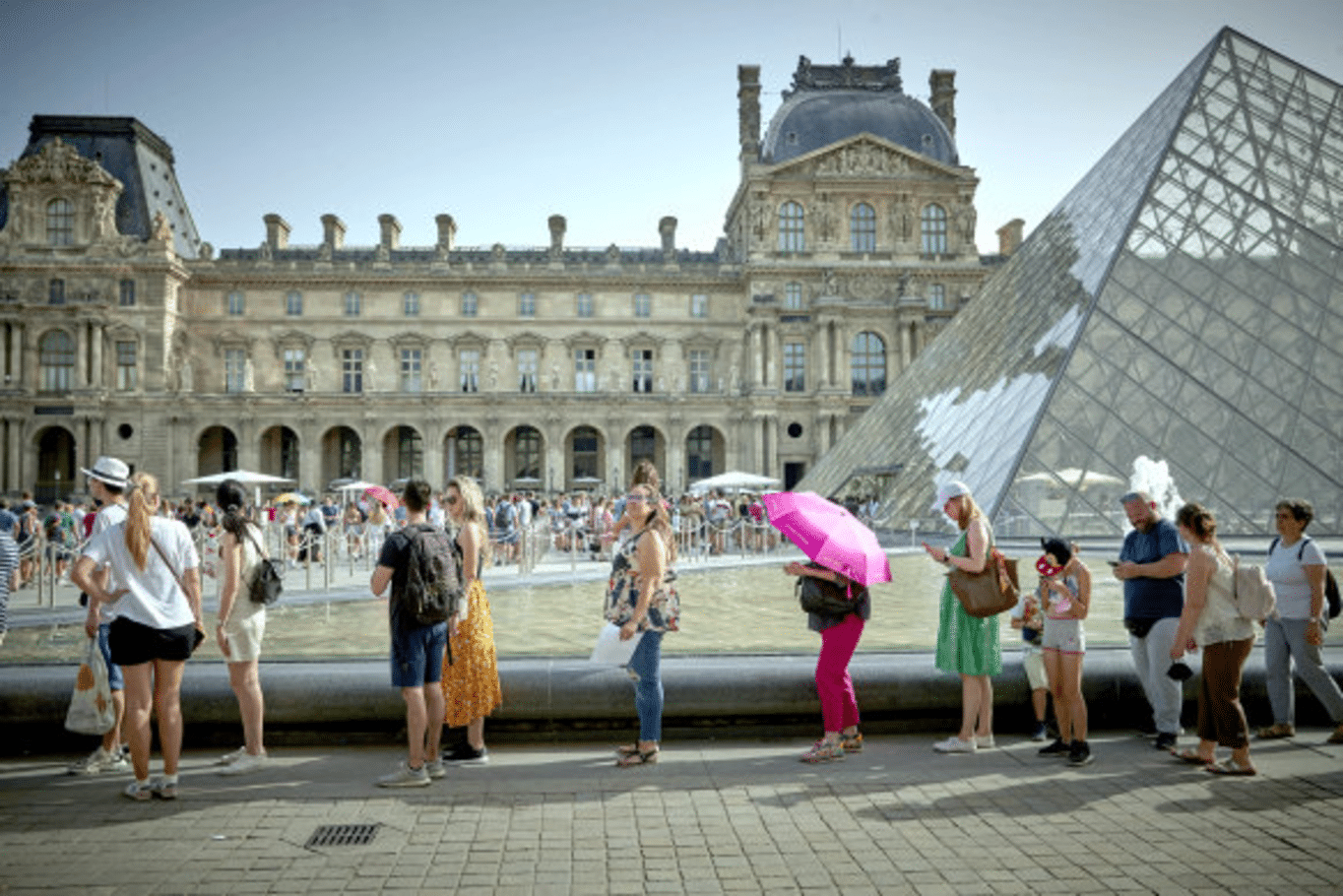The Transformation of Travel: From Fast and Furious to Mindful and Meaningful
In a world where constant busyness prevails, how often do we take the time to truly appreciate the beauty around us and the impact of our actions?
In a world where international travel was once a frequent occurrence for travel writer Nina Karnikowski, she reflects on the shift from fast and furious trips to a more mindful and connected approach. The days of hopping on a plane to jet off to far-flung destinations are being replaced by a desire for more meaningful experiences. Karnikowski shares her insights on how slowing down and being present can lead to a deeper connection with oneself, the communities visited, and the natural world.

In the past, Karnikowski would embark on over 10 overseas trips a year, seeking constant movement and the thrill of new destinations. However, she soon realized that the pace at which she was traveling hindered her ability to truly immerse herself in each experience. The whirlwind trips to Paris and other iconic cities left her feeling empty and disconnected from the places she visited.
An eye-opening trip to Churchill in the Canadian Arctic shifted Karnikowski’s perspective. Witnessing the impact of global warming on polar bears and the environment made her question her own contributions through travel. She decided to make a change and seek a more connected and mindful approach to exploring the world.
Karnikowski emphasizes the importance of understanding the role of the travel industry in carbon emissions and the degradation of natural landscapes and cultures. However, she also acknowledges the positive aspects of travel, such as fostering tolerance and expanding worldviews. By traveling in a slower and more mindful manner, she believes that these benefits can be maximized and the negative impacts minimized.
The shift to mindful travel involves a change in mindset and purpose. Karnikowski learned that destinations are only as rich as the attention we bring to them. By reframing local trips as opportunities for adventure and exploration, she discovered the beauty and wonder of her own surroundings. Close encounters with wildlife, hikes in national parks, and getaways to local beach shacks became equally fulfilling experiences.
Mindful travel also harks back to an older, slower way of exploring. Karnikowski highlights the importance of longer holidays that allow for a deeper connection with nature and a true appreciation of the privilege of travel. She compares her experience of a four-day hike in South Australia to the fast-paced trip to Paris, emphasizing the transformative impact of slowing down and immersing oneself in the natural world.
While foreign travel will always hold appeal, Karnikowski encourages travelers to reflect on their motivations. Is the desire to visit a crowded European city driven by external influences or a genuine connection to the place or desire to contribute to its well-being? Traveling with internal motivations leads to more meaningful and memorable experiences. Karnikowski shares a personal example of visiting an ethical fashion atelier in India and developing a lasting connection with the community.
Sustainable travel also involves supporting local businesses and communities. Karnikowski highlights the importance of staying in locally owned hotels, eating at locally owned restaurants, and buying locally made handicrafts. By keeping travel dollars in the pockets of locals, tourists can have a positive impact on the destinations they visit.
Karnikowski’s biggest realization about mindful travel came from a surprising source – a 10-day silent meditation retreat close to her home. The retreat allowed her to slow down, face life’s challenges, and appreciate the present moment. She emphasizes the urgency of slowing down and appreciating both our lives and the planet we inhabit.
In conclusion, Karnikowski’s journey from fast-paced travel to a more mindful and meaningful approach reflects a growing trend in the travel industry. By slowing down, being present, and supporting local communities, travelers can create deeper connections, appreciate the beauty in their own surroundings, and become a force for positive change. Mindful travel is not just a journey to far-flung destinations, but an inner exploration and a way to protect and cherish what we love the most.
- Fast-paced travel leaves little time for meaningful experiences
- Slowing down allows for a deeper connection with home and nature
- Mindful travel is a return to a slower, more privileged way of exploring
- The purpose behind each trip determines its impact and satisfaction
- Supporting local businesses and communities is essential for sustainable travel
- Taking time for stillness and reflection can be just as transformative as physical journeys
The transformation of travel from a fast and furious pursuit to a mindful and meaningful experience allows for deeper connections, appreciation of the natural world, and the opportunity to be a force for positive change. By embracing slow and mindful travel, individuals can find wonder and adventure closer to home while reducing their carbon footprint. Mindful travel is not just about physical journeys, but about inner exploration and protecting what we love most – our planet and ourselves.
